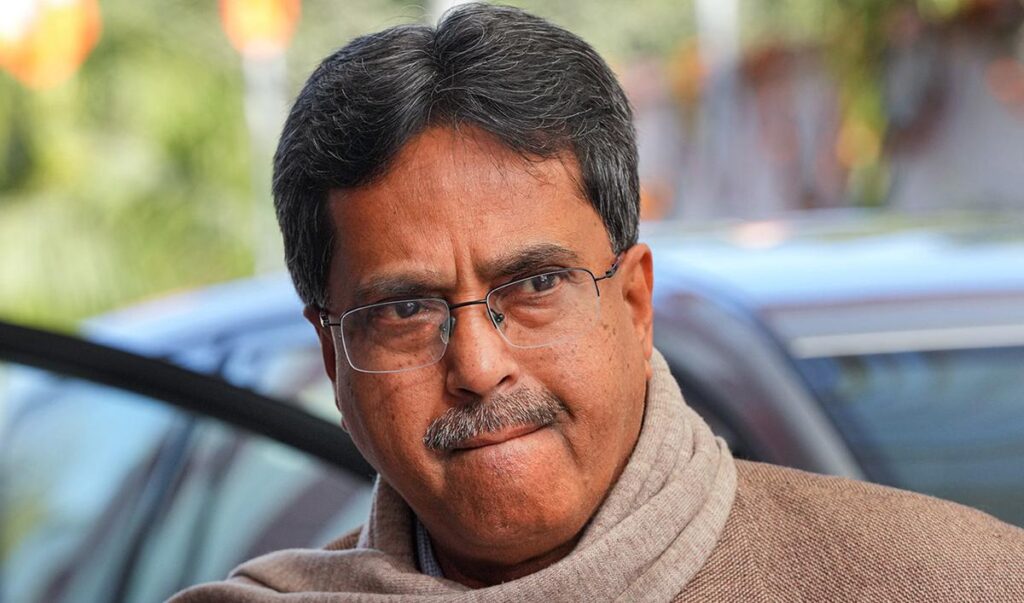In a move to strengthen Tripura’s agricultural sector, Chief Minister Manik Saha recently announced new initiatives designed to support farmers, aligning with Prime Minister Narendra Modi’s PM-Kisan scheme. Speaking at a recent event dedicated to the PM-Kisan program, CM Saha highlighted the crucial role that farmers play in the nation’s development, underscoring the state government’s dedication to improving the lives of its agricultural workers. The announcement marks a significant step for Tripura’s rural economy, with the state pledging Rs 47.68 crore in financial aid to support farmers through a range of measures aimed at enhancing productivity and sustainability in agriculture.
The PM-Kisan scheme, formally known as the Pradhan Mantri Kisan Samman Nidhi, has been instrumental in providing direct income support to small and marginal farmers across India. In alignment with this program, Tripura’s government is introducing a series of initiatives aimed at addressing the unique challenges faced by its farmers. The state’s financial boost is set to enhance crop yields and improve access to essential resources. CM Saha noted that the funds will help farmers by providing greater access to modern agricultural techniques, quality seeds, fertilizers, and other inputs. He emphasized that these measures are part of a larger strategy to make Tripura more self-reliant in food production.
Agriculture is the backbone of Tripura’s economy, with a significant portion of the population dependent on farming for their livelihoods. The chief minister highlighted that advancing agriculture would have positive ripple effects across the state’s economy, providing stability to farmers and helping to drive up the standard of living in rural areas. He spoke passionately about how empowering farmers is essential for the state’s long-term development and prosperity. By ensuring that farmers have the support they need, the government aims to boost agricultural output, which in turn, will improve food security within the state and beyond.
CM Saha shared that Tripura’s plan involves encouraging organic farming practices, which have already shown promise in the state. Tripura’s fertile soil, combined with favorable climate conditions, makes it an ideal location for organic agriculture, and the government is keen to capitalize on this potential. As part of the push for organic farming, CM Saha noted that the government will provide training and resources for farmers to transition from conventional farming methods. This shift will not only benefit the environment by reducing reliance on chemical fertilizers and pesticides, but it will also enable farmers to meet the growing consumer demand for organic produce.
In addition to organic farming, the chief minister outlined plans to promote sustainable water management practices. Tripura, like many other regions, faces seasonal water shortages that can significantly impact crop yields. To address this, the government will support the implementation of rainwater harvesting techniques, improved irrigation systems, and water conservation practices. These efforts will be backed by technical assistance and subsidies, enabling farmers to more effectively manage water resources. By adopting sustainable water practices, Tripura’s farmers will be better equipped to cope with droughts and irregular rainfall patterns, safeguarding their livelihoods and ensuring more consistent crop production.
Another key component of Tripura’s agricultural advancement strategy involves enhancing access to modern farming equipment. CM Saha acknowledged that many small and marginal farmers struggle to afford machinery that could greatly increase their productivity. To address this, the state will offer subsidies and loan programs to help farmers purchase equipment such as tractors, tillers, and threshers. These investments will reduce the amount of manual labor required, enabling farmers to cultivate larger areas of land and ultimately increase their yields. Furthermore, with the government’s support, Tripura’s farmers can expect to see lower operational costs, which will contribute to better profitability and greater resilience.
The PM-Kisan event also included a discussion about how farmers can take advantage of digital technology. Tripura’s government is planning to introduce digital platforms that will provide farmers with real-time information on weather conditions, crop prices, and market demand. The aim is to empower farmers with knowledge, enabling them to make informed decisions about planting, harvesting, and selling their produce. CM Saha believes that by embracing technology, Tripura’s agricultural sector can be more responsive and adaptive to changing conditions, which is critical in an increasingly unpredictable global market.
The chief minister expressed his confidence that the steps being taken by Tripura’s government will set a positive example for other states to follow. By investing in its farmers and providing them with the necessary resources and training, Tripura is not only enhancing its agricultural sector but also promoting a sustainable and self-reliant future for its citizens. CM Saha’s emphasis on the role of farmers in national development serves as a reminder of the critical importance of agriculture to India’s economy. With the support of the PM-Kisan scheme and state-led initiatives, Tripura’s farmers are poised to thrive, contributing to the state’s progress and prosperity for generations to come.

